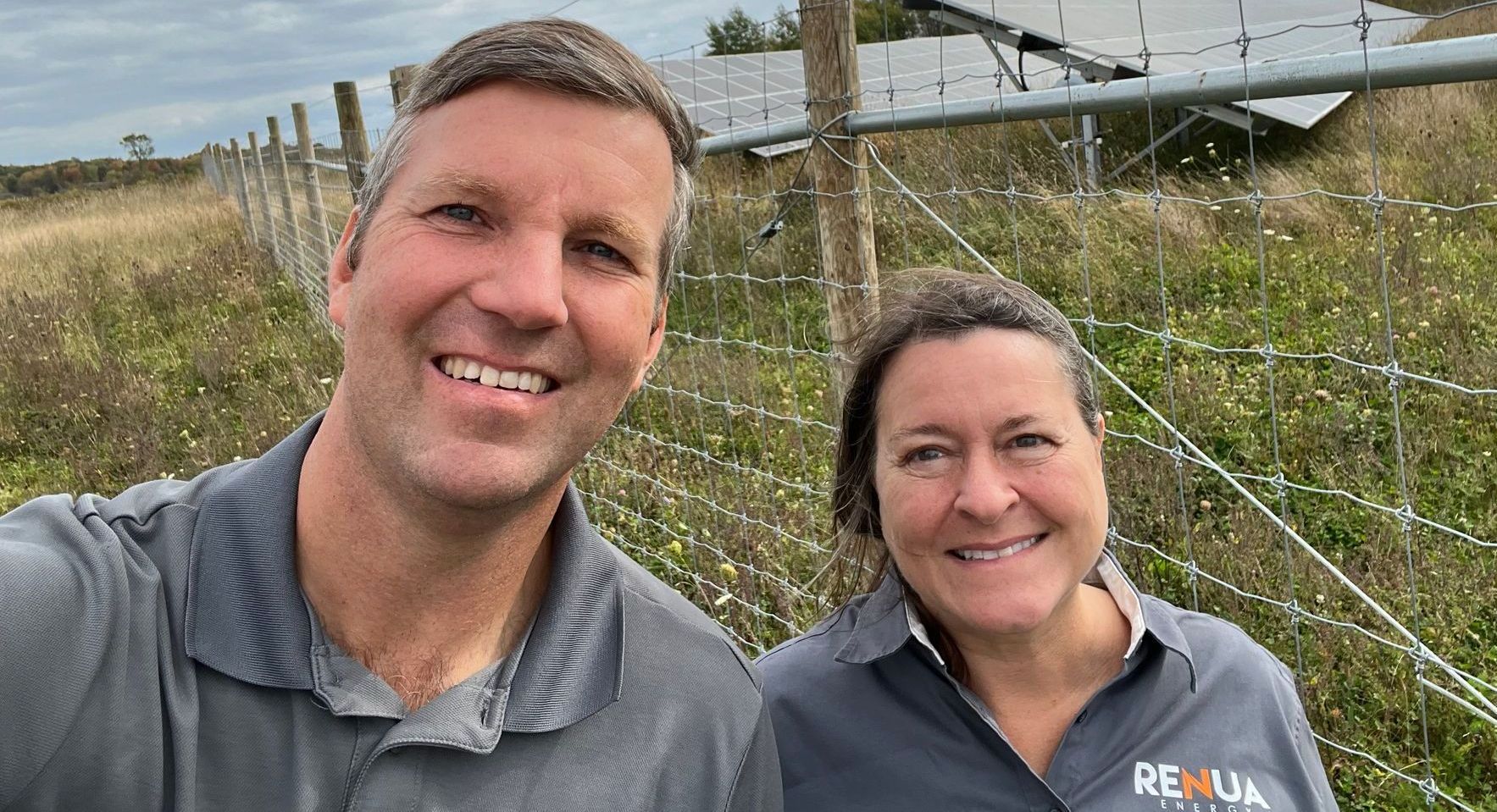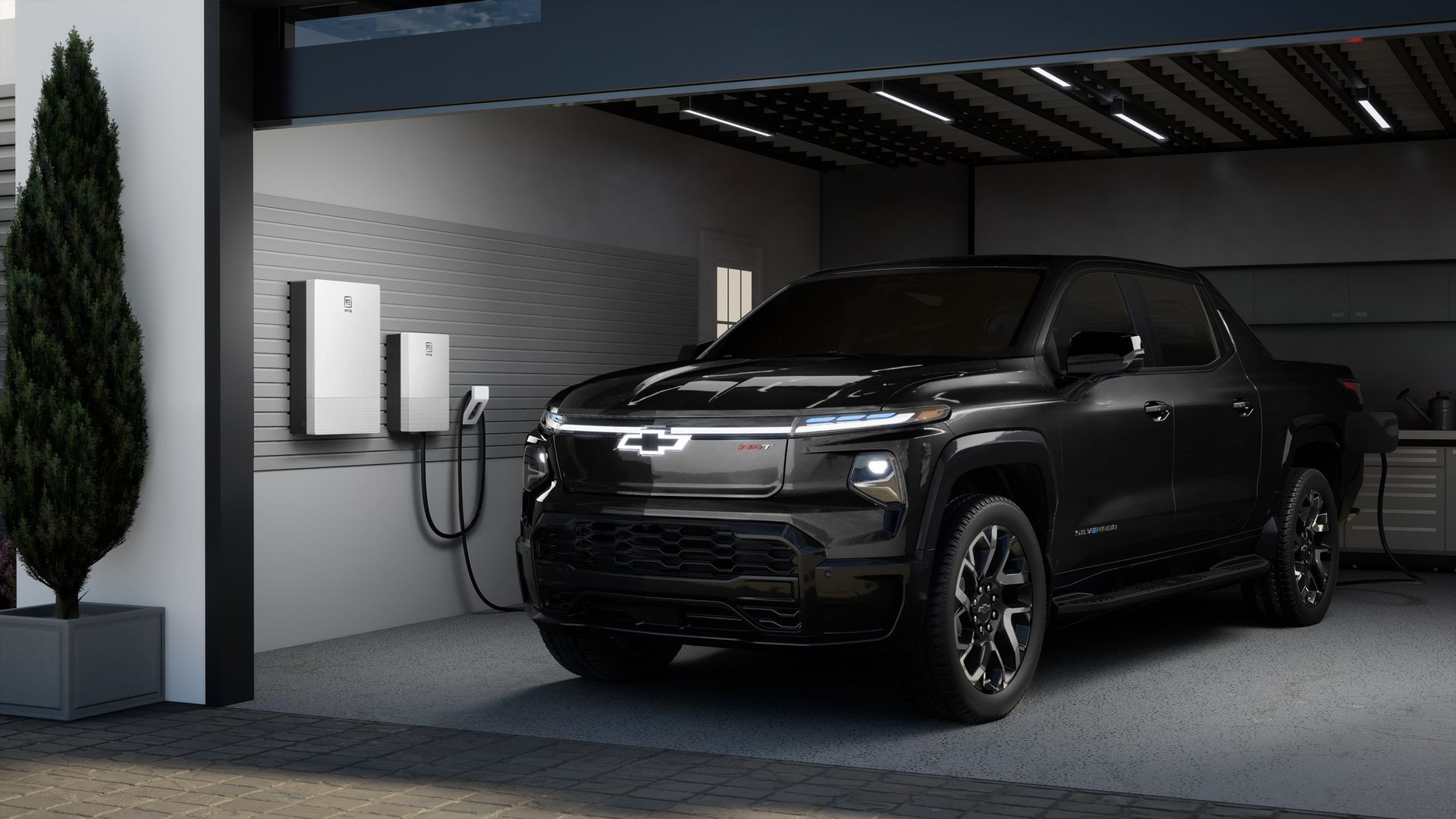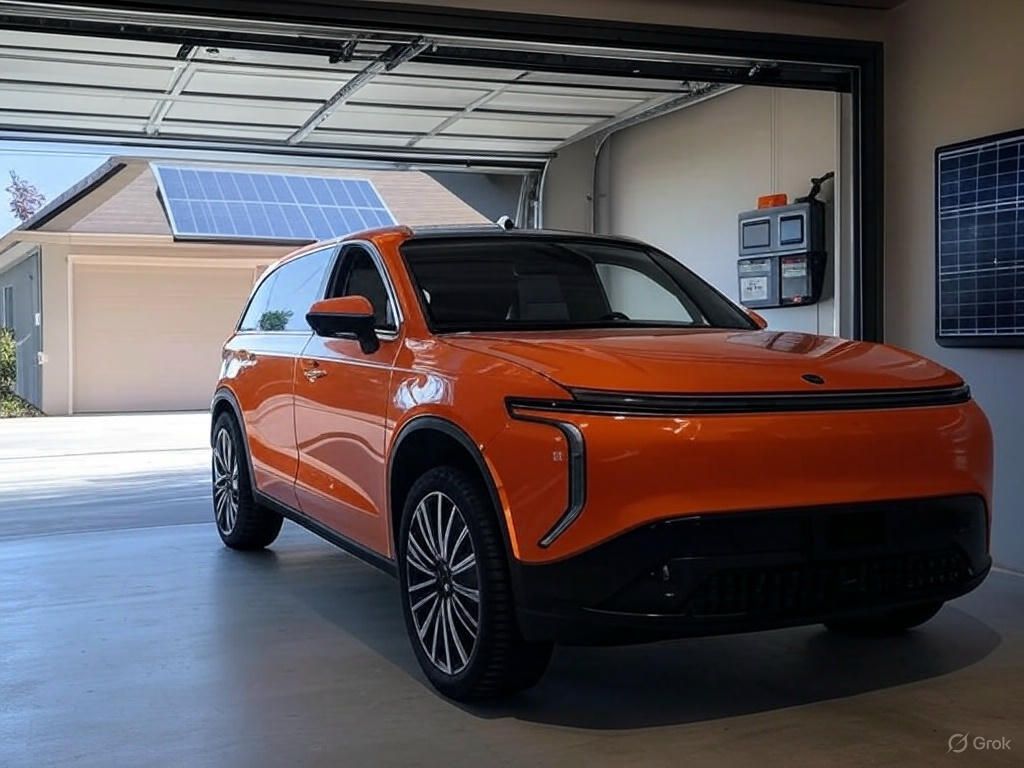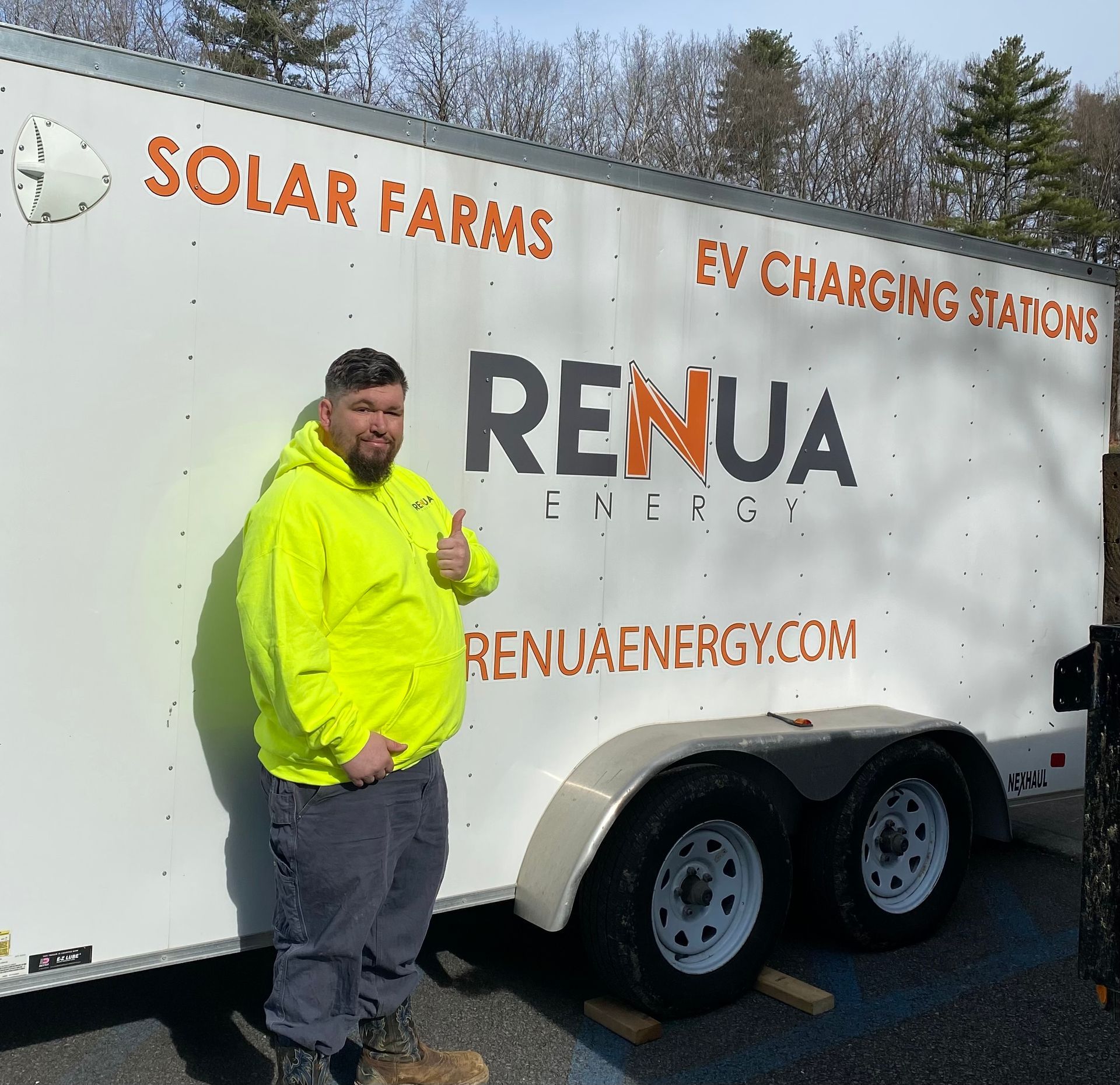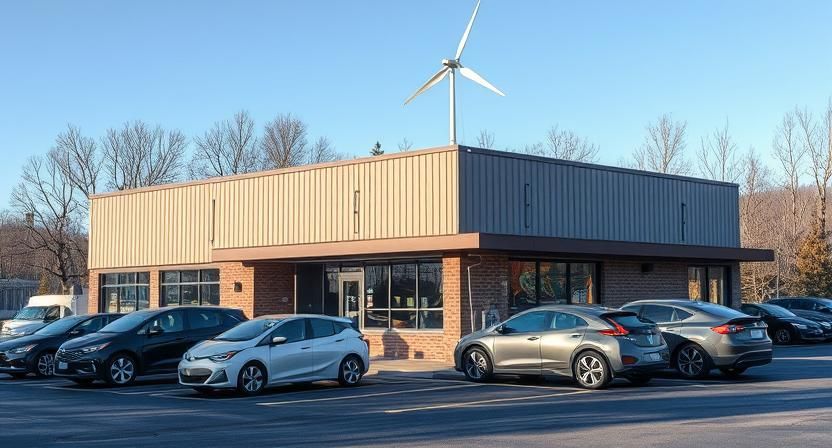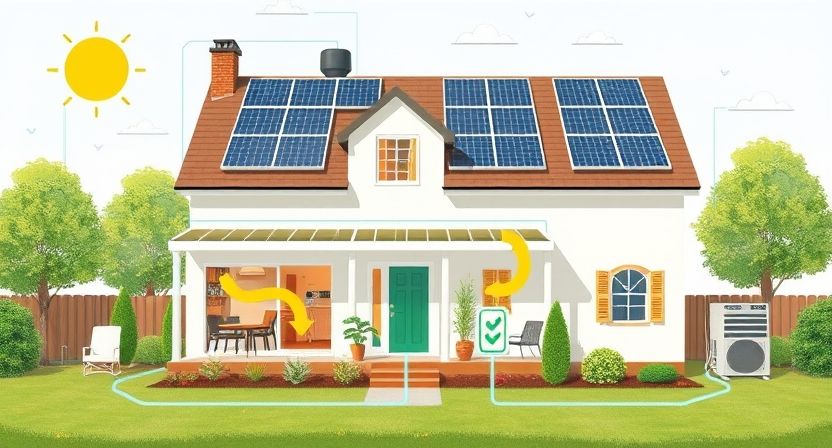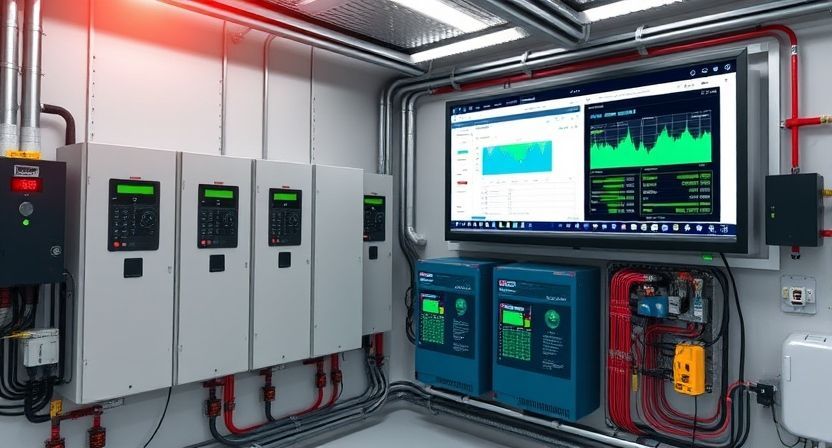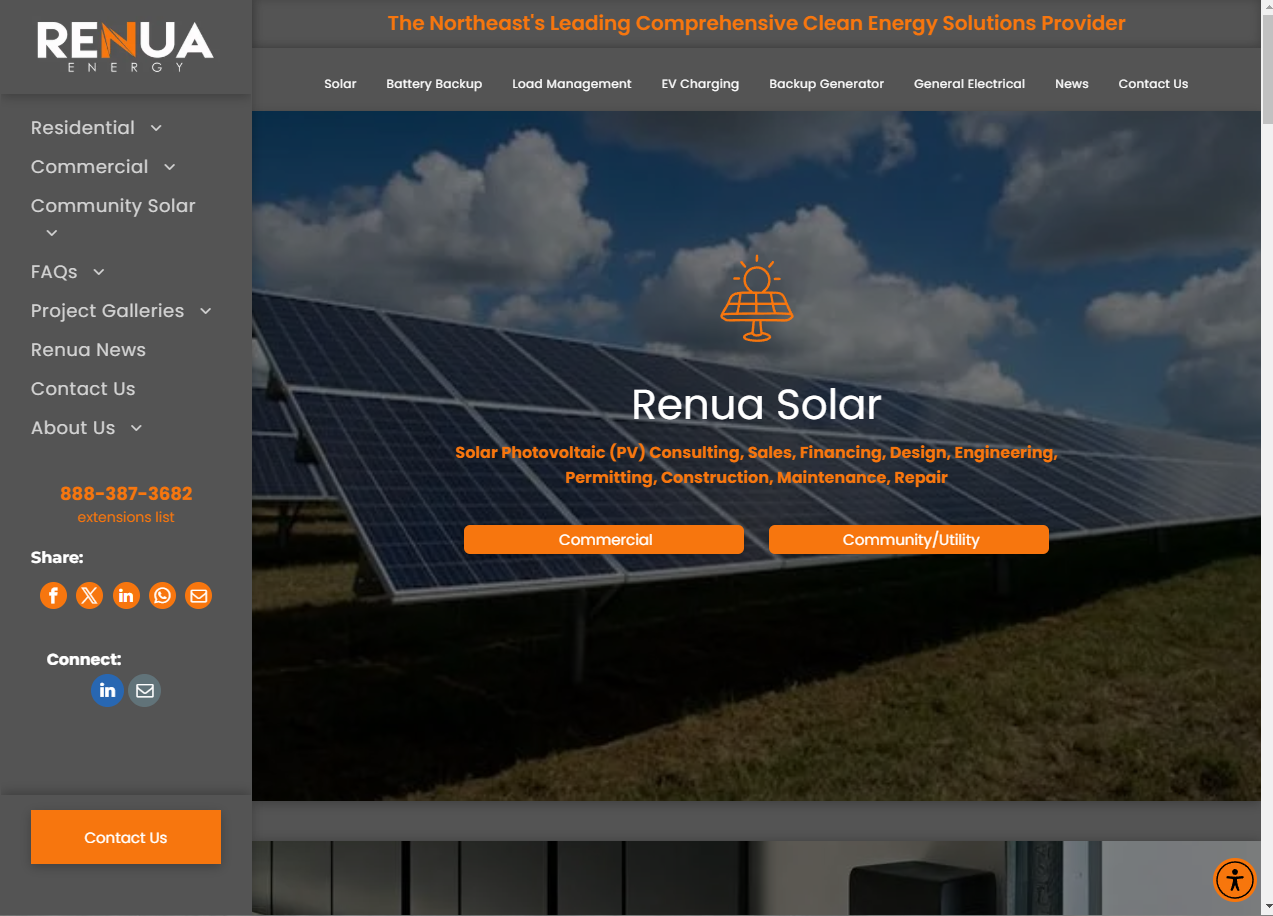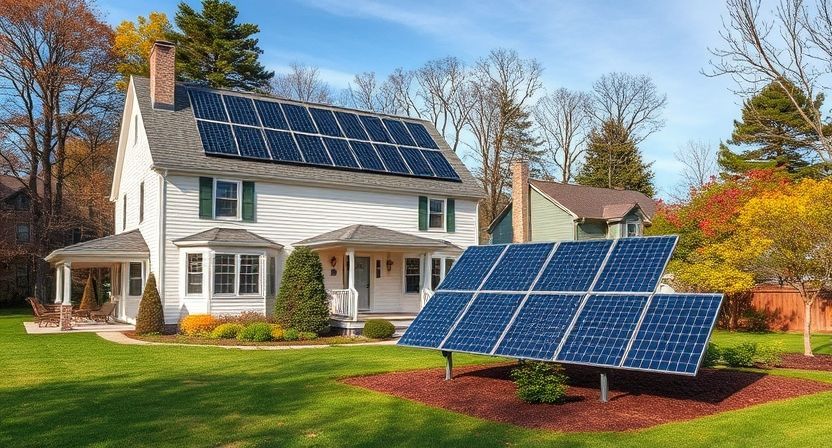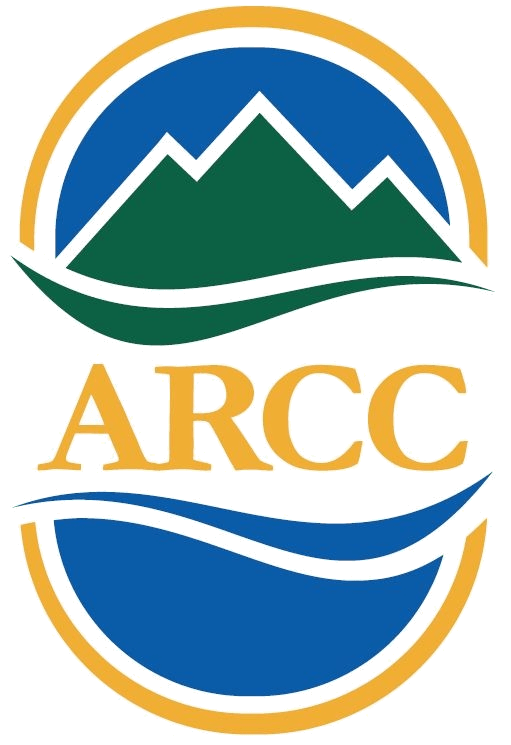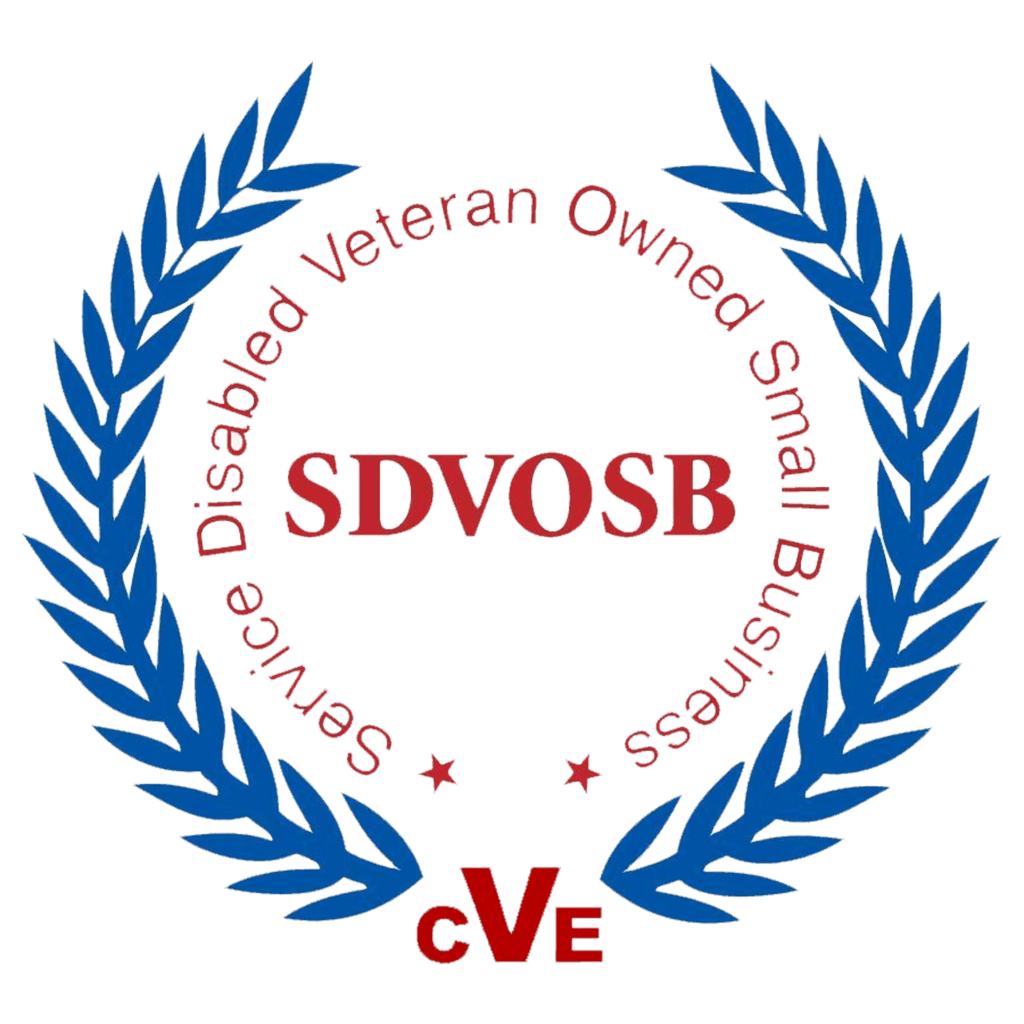Avoid Fires! Why you NEED a master electrician with EV Charging Experience
Don't risk your house on an inexperienced installer or cheap materials!
Skip to VIDEO BELOW
If there's one important message to share with EV owners when it comes to home charging, it would be this: Don't go cheap and don't go inexperienced! Your family and your home may come to regret it.
Though we all have a desire to get the most value for our money, there are certain things we just shouldn't cheap out on. Socks, mattresses, and coffee rank highly on that list, right?. But when it comes to residential EV charger installations, we should definitely add "Don't use cheap materials or inexperienced installers!"
Sadly, EV fires have been an issue and they've had their share of news coverage. Some of that coverage lays the blame on the home EV charger. The truth is, it's almost never the charger and almost always the materials used in the installation and the inexperience of the installer.
There are two primary factors: cheap receptacles/components and aluminum wire.
Both of those may be borderline okay if you're adding a receptacle for a dryer or a electric oven but you should NEVER make that mistake when installing an EV Charger!
Why? Because household appliances are used intermittently, perhaps for an hour or two before shutting off. An EV charger may run continuously for 6-10 hours or longer and those are two distinctly different animals.
Renua Energy always uses copper wire and commercial grade components. While we strongly prefer installing hard-wired EV chargers, in cases where a receptacle is needed, we're going commercial. Yes, it costs a few bucks more but this is NOT a place where you want to try to save money.
Another very important factor is UL listing. The Underwriters Laboratories performs many critical tests on electrical components and, as their name implies, insurance underwriters look for their logo. If the UL logo is not there, your insurance likely won't cover a claim.
An electrician or EV installer who knows the terrain, knows how EV chargers perform, and understands their demand on residential electrical systems is also an absolute necessity. While most electricians certainly can install an EV charger (and may even tell you that it's a simple thing to do), there's more to it than running conduit, pulling wire and installing a breaker.
Put your home and your family's safety in the hands of an experienced EV charging station installer.
The following news hit by Chad Pradelli from Philadelphia's Channel 6 does a solid job of explaining the risks associated with inexperience and cheap materials...
Renua's Advice: Whether you choose to deploy our professional EV charger installers on your job or not, please choose someone with experience installing EV chargers and make sure they use UL-listed commercial components. Don't let them cut corners at the risk of your family home.
Most utility company's will have a list of qualified EV charger installers. That's a good place to start. Choose someone local who is on the utility company list and you're 85% of the way there. Ask for references and call those references. People who are happy with their installation experience and their EV charger are more than willing to share that with you.

Renua Energy is a federally and state certified SDVOSB providing solar development project resources and electric vehicle service equipment project development.
